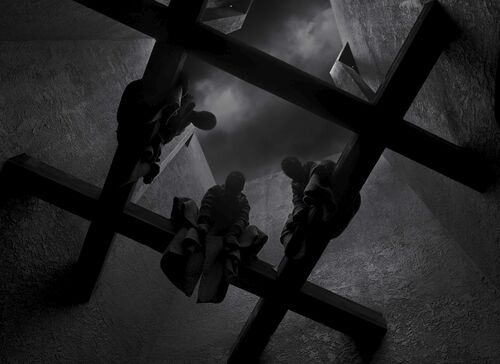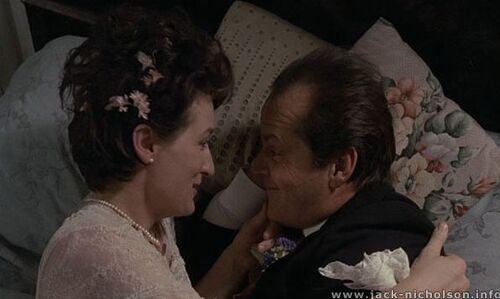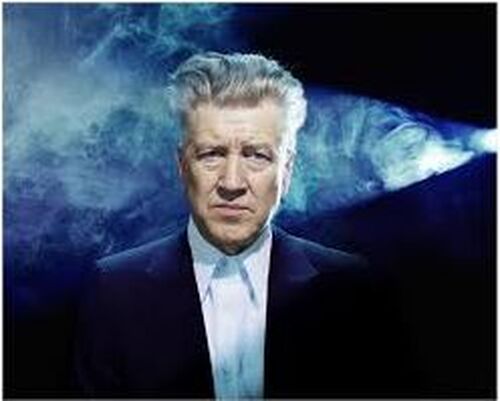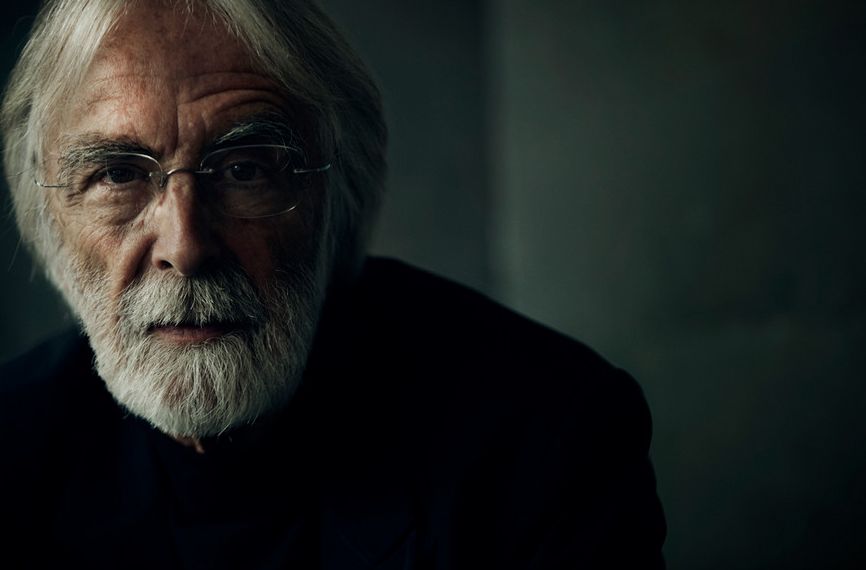
Exploring Michael Haneke: Happy End
 If Happy End is Michael Haneke merely regurgitating old material, as the world would have me believe, then he is a more exceptional director than I, a Haneke devotee had ever realized.
If Happy End is Michael Haneke merely regurgitating old material, as the world would have me believe, then he is a more exceptional director than I, a Haneke devotee had ever realized.
Happy End is the 2017 film by Micheal Haneke dealing with the end of life, parental neglect, and human disconnection; are those themes Haneke has explored previously, yes, but as with each of his films be uniquely explores them, such is the case with Happy End. By the time I was finally able to stream Happy End, I had read so many reviews suggesting that this was a film from a director at the end of his career, treading familiar waters resulting in his worst film. I've actually heard Happy End referred to as Haneke's worst film. Well, if that's the case, scores of filmmakers could only dream of having a film like Happy End regarded as their worst. It's quite a stretch to say Haneke has made this film before. As one of the last of the classically defined auteurs, Haneke has undoubtedly exercised a laser focus on a variety of issues throughout each of his films. Like in Benny's Video, Happy End explores our relationship with technology and how it may lead to human disconnection. As in 71 Fragments of a Chronology of Chance, Haneke uses shorter more disjointed scenes to illustrate his narrative. Just as he did in The White Ribbon, Haneke explores family and the skeletons that they try to keep hidden while maintaining expected social culture. And just as he did in each of the films listed, Haneke explored these themes in Happy End while making a film that stands unique among the rest of his filmography. In fact, many departures exist in Happy End that makes it unique to each of his previous films. Haneke's typically still camera moves frequently throughout Happy End, with out of character cuts, and a focus on faces I'm not used to seeing in his films. Another common claim of Michael Haneke's films is that they are bleak and come from a place of pessimism to the world and a negativity regarding humanity. Haneke's films may deal with the darker aspects of the human condition, but he handles those aspects with an evident humanism and a love for his characters. Facing truths that many would like to turn our attention away from instead of towards doesn't mean that Haneke is a pessimist, instead, he is honest. Realizing and describing murder, exploitation, and suicide doesn't make Haneke a sadist, rather, it makes him aware that humanity is often dismal, a fact he is willing to address with his cinematic output.
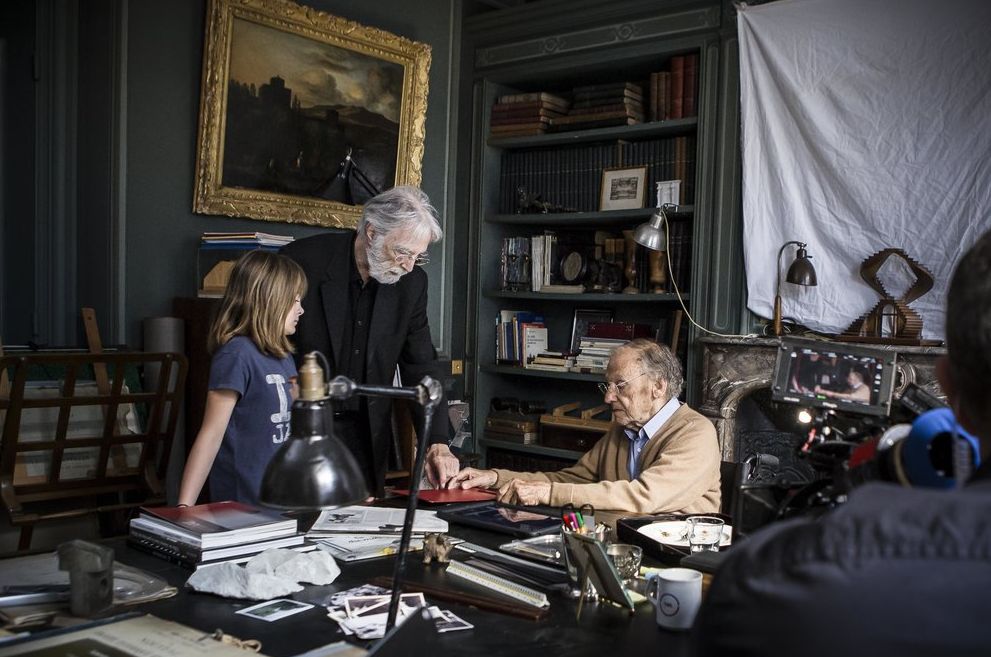
Control over one's life is a theme explored throughout Happy End. Similarly explored in Amour, Georges Laurent (Jean-Louis Trintignant) contemplates his mortality constantly, finding his life unfulfilling in its current state. He is desperate for someone to do for him what he did for his wife, free him from his mortal state. He is desperate to find someone to help him ease into death, as his own attempts have only lead to injury. Georges is in luck when his granddaughter, who may or may not have been responsible for her mother's prescription drug overdose, is sent to live in his estate. Eve Laurent, (Fantine Harduin) ordered to live with her father Thomas, (Mathieu Kassovitz) has an obsession with death having already poisoned her hamster with her mother's anti-depressants before being sent to live with her father. Eve is as ill-adjusted as Evi (Leni Tanzer) in The Seventh Continent, possessing the same watchful contemplation that only a child in a Haneke film can emulate. Eve discovers her father, a serial cheater, having a steamy online affair, and isn't given an adequate role model to bring her into adulthood. Desperate for some control over her life, Eve attempts to command her outcomes with her socially unacceptable behavior. The picture of control, Anne Laurent (Isabelle Huppert) maintains the family's construction business while keeping everything in her own life and the lives of her family under her authority. Despite a great deal of love she has for her family, Anne's impassioned work ethic keeps her away from them often, many times while tending to the issues of their own making. Michael Haneke opened a Facebook page as research before shooting Happy End, that thought alone satisfying enough to carry me through until Haneke's next film, if there is one, but otherwise spends no time on social media. Technology and its rapid advancement has been of interest to Haneke since Benny's Video, often making its way into his films in interesting ways. Technology and social media in Happy End, for instance, illustrated the extent to which we become more disconnected by the tools that could make us more connected to the world than ever before. The documentation of Eve's nefarious activities is not that different from the technologically-obsessed world in which we live, inspiring many to check-in to every restaurant they go to and take a picture of their meal once they are there. This type of activity isn't bad in and of itself, but Haneke's attention to the compulsion of documenting one's life as the problem. Many in the digital age are controlled by what they feel is a need to take the best photos for Instagram or the most clever quip for Twitter, all to prove that we are"living our best life." These behaviors often conceal darker aspects of our lives that wouldn't photograph as well or convince people of a constant state of happiness.
It is no surprise that Michael Haneke started out with a desire to become a musician, for his films are so melodic and enchanting I have drawn out my exploration of his career to savor each one. It is interesting that someone so in-tuned to music would use silence so adeptly. Haneke has said that he avoids scores in his films to make them as realistic as possible. "Life does not come with a score" Haneke has said, and the absence of diegetic sound in his films coupled with his focus on the day-to-day aspects of life certainly add to the relatability of his films inviting the self-examination his films demand.
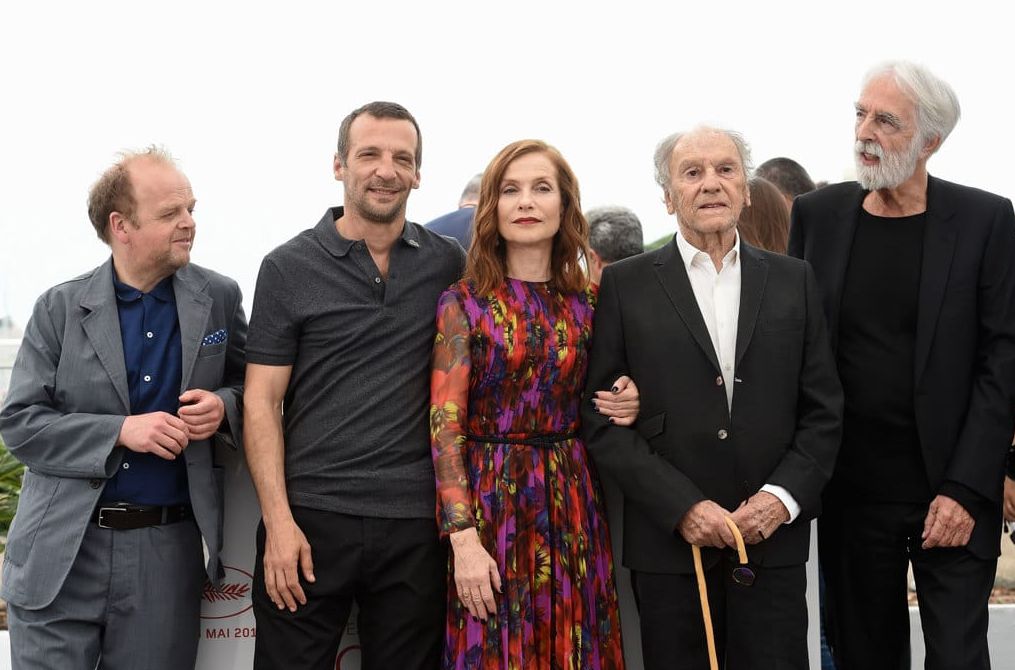
Traveling through Michael Haneke's filmography is one of the most satisfying cinematic experiences I have undertaken. I'm always thrilled to find another humanistic filmmaker that seeks to impact his audience's sensibilities, subverts their expectations, and allow for whatever interpretation they come out of one of his films with. Since I saw my first Haneke film seven years ago, I knew this was a filmmaker I had to explore further. I wasn't sure there was a film that could top that introduction as my favorite, yet, through this project, I found not only a new favorite Haneke film but a film that will stand among my favorites of all time. Finishing his filmography, though satisfying, brings with it some sadness that I have no new-to-me Haneke films to discover; I only hope there are many more Haneke films to explore in the future.
